We've come a long way since the days of Oregon Trail on the Apple II.
I know because I'm nearly 40, which means I'm old enough that the first gaming PC I ever laid eyes on was the old Apple desktop we had in the back of our grade school classroom.
Lode Runner and The Oregon Trail were the first PC games I ever played, and for a little while there I remember thinking Macs were the fun computers. Old folks like my parents used Windows PCs at work, for boring work stuff—Macs were for cool kids who liked Maniac Mansion.
But then I grew up, and after Microsoft acquired Bungie in 2000 it seemed like Macs were never going to be a great gaming platform again. In the '90s, games like Marathon and Myth made you feel like Macs were viable gaming machines. But by the time Bungie followed up Marathon with the original Halo: Combat Evolved for Windows in 2001, the writing was on the wall: Macs weren't a great place to play the latest and greatest games.
That seemed to remain true for a long time. Up through 2022 I felt like Apple wasn't taking gaming on Mac seriously, even though the company's transition to in-house silicon with its M-series chips delivered MacBooks more powerful than I ever expected.
But now we're expecting to see Cyberpunk 2077 running natively on Mac by 2025, and even I have to admit that the state of Mac gaming has changed. Last year I spent a week gaming on the most powerful Mac I'd ever seen at that point, the Mac Studio M2 Ultra, and I gotta tell ya — it felt good.
Not every game runs well (or at all) on these new M-series Macs, but those that are optimized for Apple silicon on the best MacBooks perform remarkably well. This is the result of Apple working to get game developers to embrace porting their games to its platform, and it started to kick off in force last summer when Apple rolled out its Game Porting Toolkit.
Since then it feels like there's quietly been a seismic shift in the Mac gaming landscape. Only just this week I fired up Baldur's Gate 3 on the MacBook Pro 16-inch M3 Max and played for 15-20 minutes before realizing that the game was running perfectly smoothly, without a hint of slowdown during hectic encounters.
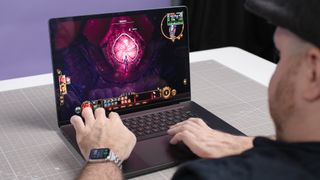
Now that so many of the best Windows laptops are running on Qualcomm's Snapdragon X chips, MacBooks are in some cases better gaming machines than their Windows 11 counterparts."
In fact, I was surprised to see Steam's in-game FPS counter clocking me at nearly 90 frames per second while playing through the early hours of Baldur's Gate. Once I cranked up the graphics and resolution to maximum that dropped to a far more reasonable 50ish FPS, which still looks great on the Pro's 16-inch mini-LED display.
Some of the beasts on our list of the best gaming laptops can deliver better performance, but the fact that the 16-inch M3 Max MacBook competes at all is a sign of how far Macs have come over the last few years.
To get a concrete sense of the progression I dug into our lab testing data from the last few years, and the results clearly show how far Macs have come.
Swipe to scroll horizontally
| Row 0 - Cell 0 | Sid Meier's Civilixation VI | Rise of the Tomb Raider | Shadow of the Tomb Raider |
| 16" MacBook Pro M3 Max | 57 @ 2234p | DNR | 119 @ 1200p |
| 16" MacBook Pro M2 Max | 57 @ 1200p | 91.7 @ 1200p | DNR |
| 16" MacBook Pro M1 Max | 46.1 @ 1080p | 73.8 @ 1200p | DNR |
| 13" MacBook Pro M1 | 38.2 @ 900p | 25.7 @ 900p | DNR |
As you can see from the chart above, the original MacBook Pro M1 struggled to run games like Rise of the Tomb Raider in 1080p, even though the game was roughly five years old by the time the M1 Pro released in 2020.
But skip forward just a few years, and nowadays the MacBook Pro I'm writing this article on can run the game's sequel Shadow of the Tomb Raider at basically 120 frames per second.
Now, admittedly that's only at 1200p, which isn't nearly as lovely as the Pro's 16-inch (3,456 x 2,234 pixels) mini-LED display can manage. At native resolution the laptop struggles to maintain a rock-solid 60 FPS when running the game on high graphics settings, which is why these MacBooks still can't beat the best Windows laptops and best gaming laptops. Apple's on-chip GPUs are good, but they can't run modern games nearly as well as a discrete laptop GPU from the likes of AMD or Nvidia.
What will M4 MacBooks be capable of?
Of course, I'm writing all this on the cusp of new MacBooks arriving with the Apple M4 chip inside. So while our testing data shows Macs have quietly become better for gaming than I'd ever have expected, it's also about to be out of date.
While I don't expect the M4 MacBook Pros will deliver better gaming performance per dollar than their Windows counterparts, I think the gap between the two is about to narrow even further. And now that so many of the best Windows laptops are running on Qualcomm's Snapdragon X chips (which have notoriously poor native PC game compatibility) MacBooks are in some cases better gaming machines than their Windows 11 counterparts.
We'll have to wait until we get a chance to test and review them ourselves to know for sure, but our lab data clearly shows that gaming on Mac has gotten better by leaps and bounds over the last couple years.
The only question that remains is: how well will Cyberpunk 2077 run on these new Macs?
More from Tom's Guide
- I made one of the best gaming chairs even better by turning it into a recliner — here’s how
- Dragon Age: The Veilguard is a blast to play — but comes up short where it counts
- I just tried Herman Miller’s first true gaming chair and I’m blown away
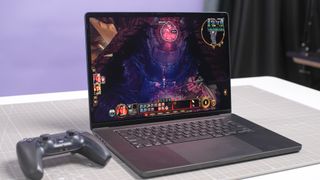
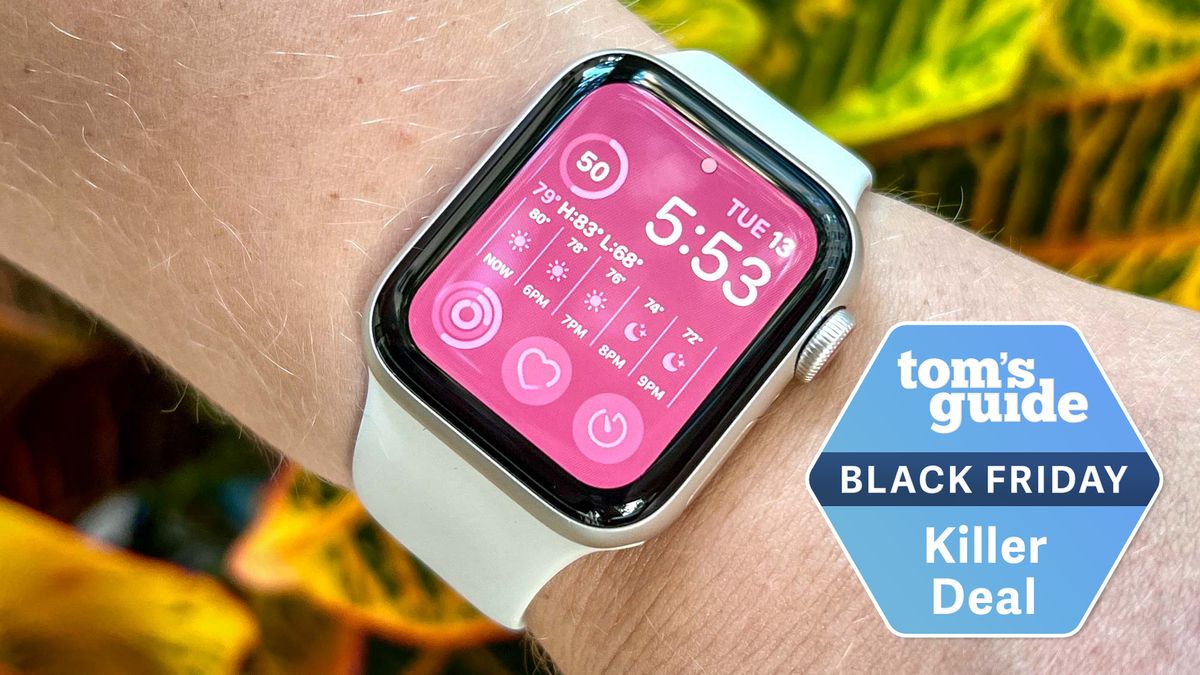

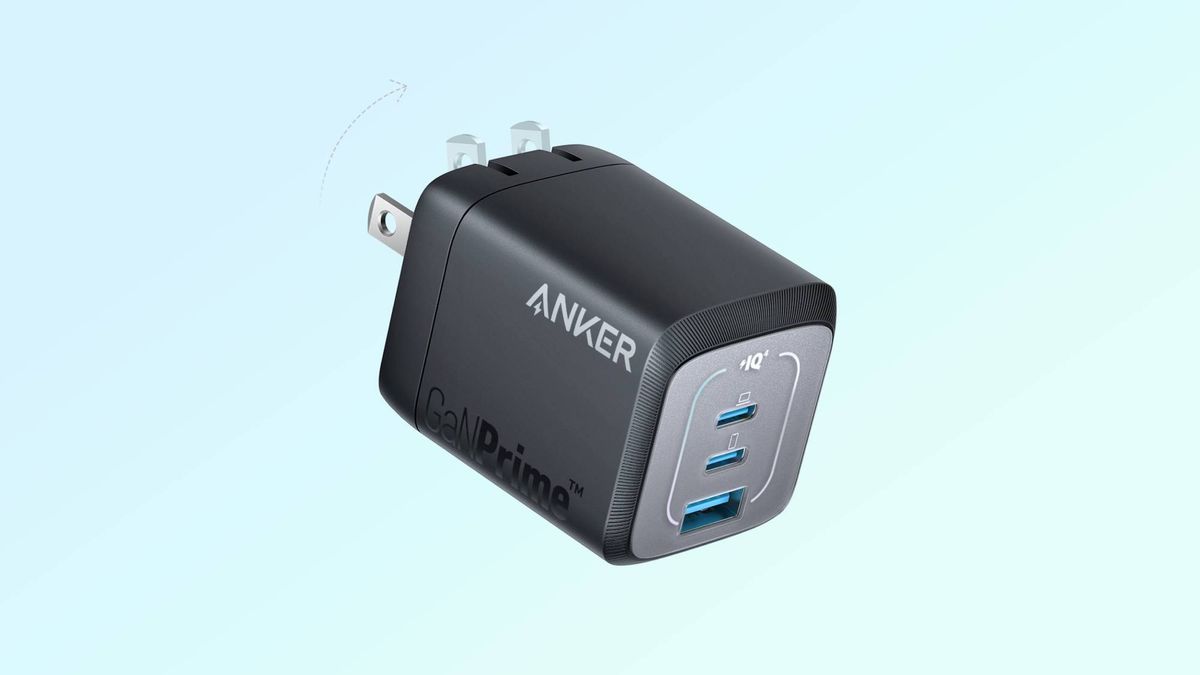
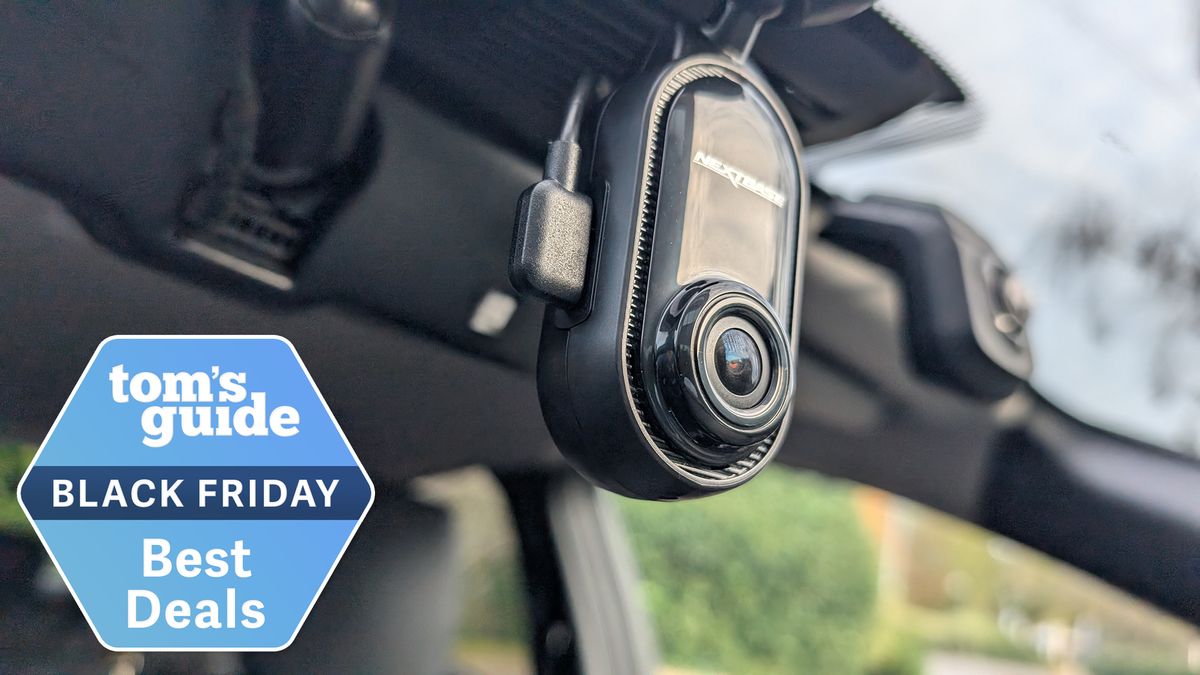







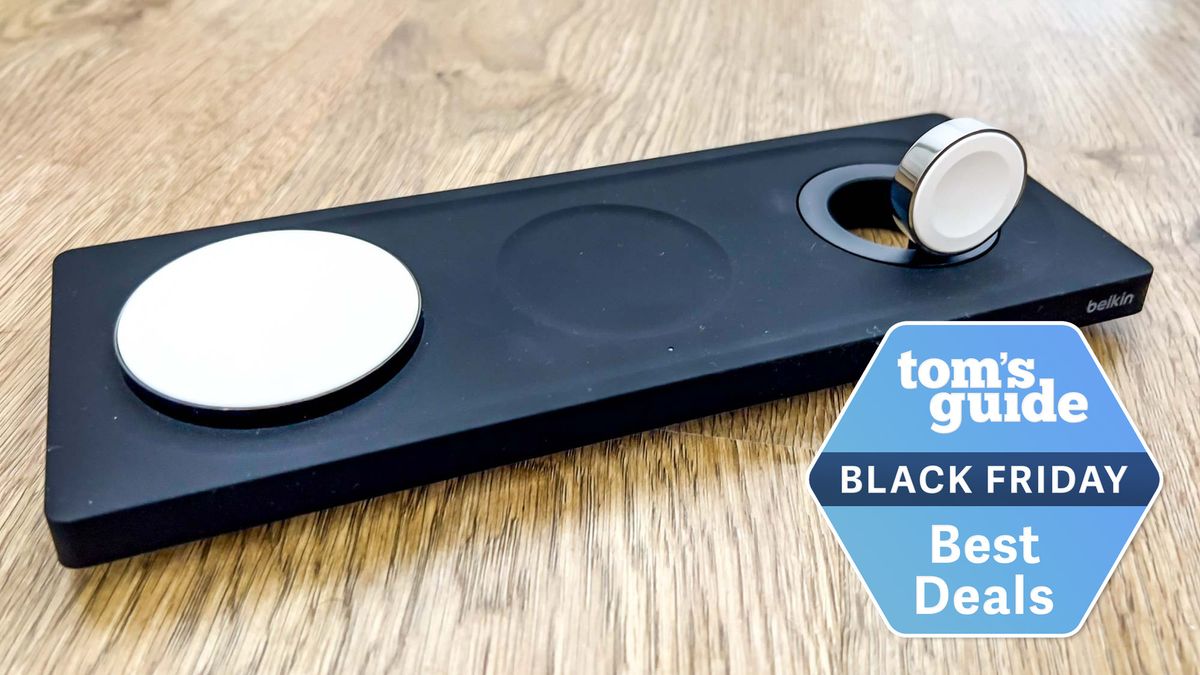







 English (US) ·
English (US) ·